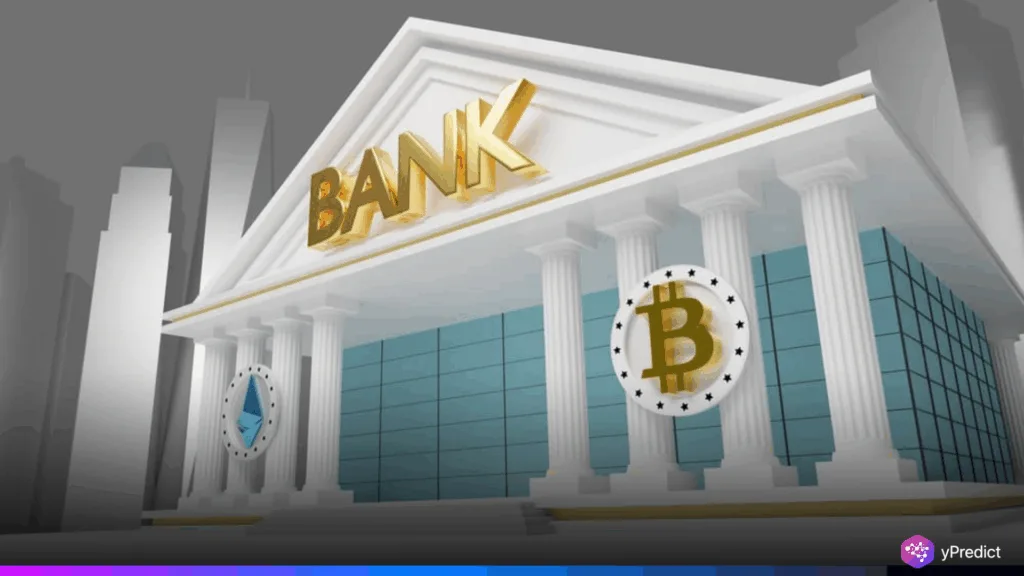
On August 10, 2025, El Salvador made another bold statement in its Bitcoin journey, announcing that banks in the country can now be operated only with bitcoin and only for accredited investors. These recent measures expand on its historic 2021 decision to grant legal tender status to Bitcoin and stirred global attention and debate. El Salvador is now bringing the government’s strategy to integrate bitcoin banks with advanced artificial intelligence-compliant and transaction monitoring systems, promoting the concept of how AI may develop security, transparency, and speed in digital finance.
A Move to Attract High-Value Clients
According to the new regulations, only accredited investors will have access to these banking services focused solely on bitcoin. Officials pointed out that the use of AI-driven verification tools will help streamline the screening process for investors and ensure speed and security for onboarding. The administration of President Nayib Bukele hopes to attract high-net-worth individuals and institutions that are looking for tech-oriented and efficient financial services, and to also promote El Salvador as a global point of banking for Bitcoin.
Lightning Wallets Lead Financial Inclusion
In 2022, data indicated that more Salvadorans had Bitcoin Lightning Wallets than traditional bank accounts. This trend has only increased as AI-based payment commercial infrastructure has significantly lowered cost and increased throughput. By adding AI into Lightning Wallets, banks can now provide enhanced real-time fraud detection and predictive analytics, making payments more secure for domestic and cross-border payments. Officials envision this being a route to better financial inclusion, especially in a country where many citizens are still out of the banking system.
Global Reactions and Skepticism
While El Salvador touts AI-driven Bitcoin Banks as the future of finance, there are mixed feelings worldwide. Proponents feel that AI can address worries about volatility, money laundering, and transaction transparency. There are also skeptics: people still wary of Bitcoin’s previously extreme price fluctuations, like the 2021 60% price crash, and how concerns about illicit activity exist, like the April 2022 Monetary and Financial Systems – Evidence from the IMF. Even so, Bukele’s government has stood by its assertion that AI will allow regulators and banks to track Bitcoin transactions better than when using fiat, thereby dispelling the myth that Bitcoin is a haven for criminals because of its opaque nature.
Bukele’s Vision of AI-Backed Financial Sovereignty
President Bukele, along with Bitcoin industry proponent Max Keiser, has continually contextualized the nation’s Bitcoin policy against a long view of global financial sovereignty. The latest Bukele administration announcement may enhance that narrative as it proposes a policy on cryptocurrency adoption framed together with AI common sense. As with any AI device, it will conduct oversight in real-time as it continues to discover patterns in the previous actions of transactions and behaviors in our financial institutions, like predicting market risks and altering banking behavior in time to provide adequate risk management, and other analysis and interpretations.
The current intention is to provide regulatory agencies, in the immediate months, with their dashboards for AI oversight that will allow regulatory agencies to conduct real-time monitoring of Bitcoin Banks. The objective is to increase investor confidence while keeping El Salvador at the cutting-edge of Bitcoin. If successful, it will maintain financial relevance where crypto technology blends with AI.






